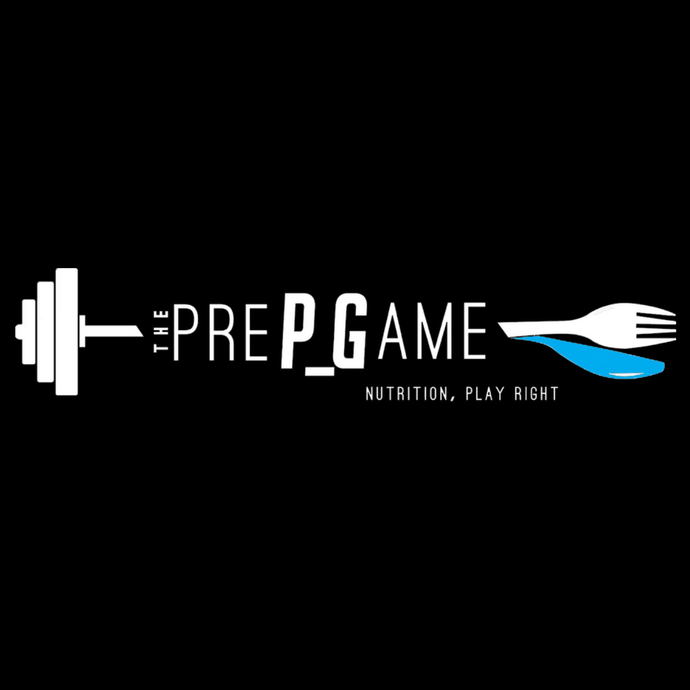How do you get your daily prebiotics and probiotics? Maybe from yoghurt, or a daily Yakult? Or you might take one of the many supplements on the market containing a range of bacteria with really long names. Or maybe you have never heard of prebiotics or probiotics and have no idea what I am talking about! The understanding of probiotics, adding good bacteria to our guts, has increased over recent years, with much research effort placed on determing the health benefits of various types of bacteria. Good bacteria are our body's friends and can help our immune systems to work at their best and potentially reduce the risk and symptoms of a range of health ailments.
You may have seen the recent two part special edition on ABC's Catalyst program, Gut Reaction http://www.abc.net.au/catalyst/., which presented some of the current research looking at the relationship between food, our gut bacteria and our health. The messages were very clear, that if we feed our gut bacteria well, they will thank us by producing compounds that can benefit our health. So it's not just adding probiotics to our existing gut ecosystem, but feeding our gut bugs the fuel they need to improve the gut environment.
A healthy gut bacteria ecosystem = a healthy body.
This is where prebiotics come in. You might have heard of probiotics, but perhaps not prebiotics. Prebiotics provide non-digestible fibre that is the perfect food for gut bugs. Examples include bananas, asparagus, artichokes, chicory, leeks, onions, legumes, wheat bran, barley and oats. (Unfortunately the positive prebiotic effect provided by the oligosaccharides in these foods can also cause gastrointestinal symptoms in some people, such as those with IBS who may choose to avoid these foods as part of a low-FODMAP diet.)
Our overly processed world means that we often don't consume adequate prebiotics from food, which can lead to an increase in bad bacteria, and potentially increase inflammation in the body (inflammation is now being linked to range of chronic health conditions).
The Catalyst programs also identified good old vinegar as one of our best medicine's for the immune system, indicating that the acetate (our good bacteria can also make acetate), can help stop immune system from over-reacting, providing potential benefits for inflammatory conditions, such as asthma. A study on mice was discussed that gave fibre or acetate to mice and found that both helped to reduce asthma symptoms. Watch the shows, they are really interesting, you will even learn about faecal transplants which sound strange but seem to be producing amazing results for individuals. They involve putting live bacteria from a healthy person into a sick-person, placed 1 metre into the intestine via the backside, a bit like a colonscopy procedure, and there is hope that this could be a treatment for many conditions.
What about athletes? Many athletes who train hard will find they are prone to the common cold, often just before an important competition or game. A study by Gleeson et al in 2011 has always stood out to me, where they found up to 50% reduction in frequency of upper respiratory tract infections in athletes when Yakult (containing Lactobacillus casei Shirota strain, which you may have heard of before from the Yakult ads!) was consumed daily. For athletes who are training hard, competing or travelling, the last thing you need is to get sick, and daily probiotics seem to be quite an easy way to help.
So, eat more prebiotic fibre. Use more vinegar. Consume probiotic foods and fluids. Do we need probiotic supplements as well? The amount of live bacteria in foods such as yoghurt and fermented foods and drinks may not be enough for a clinical effect, but could it be enough for general good health? There are no clear guidelines about the specific bacteria dose to take for different purposes and health conditions, although general recommendations can be made. Side-effects of supplements are common, including increased gas production, bloating and stool changes initially, so if you start taking a probiotic it is best to introduce gradually over a number of weeks.
When would I consider recommending probiotics in a supplement form?
- During and after a course of antibiotics, which kill both good and bad bacteria
- After food poisoning or a bout of gastro
- For individuals who are prone to recurrent colds/infections
- Athletes doing high levels of training
- Irritable Bowel Syndrome
- Women suffering from candidiasis (thrush)
The amount, type and form of probiotic will vary for individuals, as will the duration of intake. But remember, a probiotic supplement should be used in conjunction with other dietary strategies for optimal results. Our body will respond very quickly to changes in diet, within days, even if you don't particularly notice.
Research is showing that different strains of bacteria can have very specific effects. In the future it is very likely that different strains will be recommended for different purposes and we may be prescribed specific bugs to boost our individual health.




























